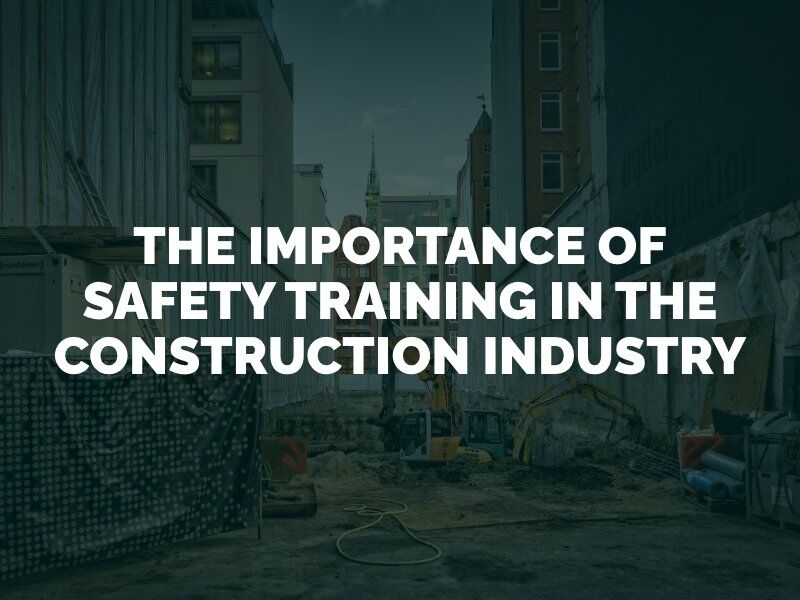Workplace accidents can occur in any industry, including in an office environment; however, the construction industry has the highest instances of workplace accidents. The nature of construction exposes workers to serious safety hazards daily, with heavy-duty equipment, power tools, scaffolds, ladders, and the moving or lifting of heavy objects. Over 46% of workplace falls occur in the construction industry, including falls from heights as well as slip-and-fall accidents. One research study found that a construction worker with a job in the industry for 45 years has a 75% likelihood of experiencing a disability from an on-the-job injury and a one in 200 chance of suffering a fatal injury at work.
Safety training in the construction industry significantly reduces injuries and fatalities on construction sites. Health and safety training is not only important for meeting U.S. regulatory standards for workplace safety but also for minimizing the risks associated with construction jobs.

The Occupational Safety and Health Administration (OSHA) describes the four most common causes of construction injuries as the “Fatal Four.” These include:
In an industry that requires workers to perform in naturally hazardous occupational circumstances, it’s critical to minimize the risks of accidents with regular safety training for managers and employees.
When an accident occurs on the job, workers’ compensation insurance ensures that injured employees don’t face financial hardships. This insurance is required by all construction industry employers and pays workplace injury victims a percentage of their average income and provides medical care until the employee reaches their maximum medical improvement.
While workers’ compensation and third-party lawsuits filed by Seattle construction accident attorneys help protect injured construction workers, the best protection is prevention. Safety training in the construction industry provides the tools and awareness to prevent injuries and fatalities.
OSHA has many learning tools and safety programs available for those in the construction industry, all aimed at increasing safety awareness and practices on job sites. Common safety training for construction workers includes:
The benefits of safety training in the construction industry include greater adherence to industry standards, reduced injuries and accidents, increased employee productivity, and improved worker morale and job retention.
Training programs in the construction industry should be regularly conducted and comprehensive, keeping employees and managers up-to-date on the best practices, new industry standards, and new hazard awareness.